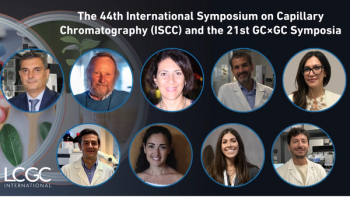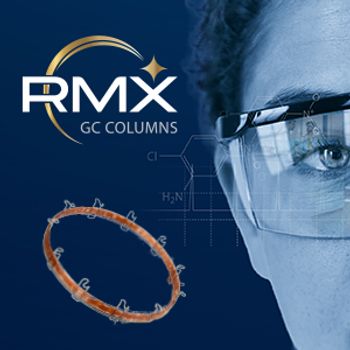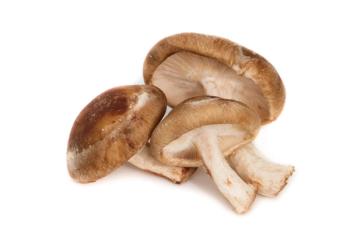
- The Column-06-06-2016
- Volume 12
- Issue 10
The 31st International Symposium on Chromatography (ISC 2016)
A preview of the upcoming 31st International Symposium on Chromatography (ISC 2016), which is due to be held 28 August–1 September at University College Cork, Ireland.
A preview of the upcoming 31st International Symposium on Chromatography (ISC 2016), which is due to be held 28 August–1 September at University College Cork, Ireland.
The 31st International Symposium on Chromatography (ISC 2016) will be held from 28 August–1 September 2016 at University College Cork, Cork, Ireland. This major chromatography conference will be hosted in the Emerald Isle for the first time in its history and will attract chromatographers from around the world. The greater Cork area is home to nine of the top 10 global pharmaceutical companies in the world, and seven out of 10 of the world’s bestâselling drugs are produced there. As a major European centre for the life science industry, Cork is an ideal choice to host ISC 2016.
Furthering the international appeal of the ISC series, The Chromatographic Society (ChromSoc) will be sponsoring key presentations at ISC 2016 in celebration of its 60th anniversary. ISC 2016 will also host the prestigious “Award for Outstanding Achievements in Separation Science”, which is awarded to a preeminent separation scientist by the California Separation Science Society (CaSSS).
ISC 2016 provides the perfect forum for scientific exchange between attendees from academia, industry, and government research institutions, as well as excellent networking opportunities with up to 800 international delegates expected to attend. The major focus of the symposium will be on the impact and continuing contribution of chromatography and separation science to the pharmaceutical industry, food, health, science, and medicine.
The major theme of ISC 2016 will be
the Innovation and Impact of Chromatographic Separations on Science, Industry, and Life. The symposium programme reflects these themes, and aims to highlight new challenges and emerging opportunities in separation science detection systems, methods, and marketing solutions. The scientific programme is set to be wide ranging and diverse with topics including:
- Pharmaceutical
- Biomedical
- Forensics
- Environmental analysis
- Process chromatography
- PAT
- Biomarkers
- Diagnostics and clinical analysis
- “Omics” technologies
- New material science
- Characterization, miniaturization, and on-chip devices
- Mass spectrometry
- Food and health
- Separation and sensing
- Trace elements speciation
- Supercritical fluid applications
- Biopharmaceutical
International leaders in each of these areas will provide inspiring and thoughtâprovoking presentations to stimulate researchers. While an international exhibition and vendor lecture series on instrumentation and services for chromatography, separation science, and mass spectrometry will add another integral part to the scientific programme.
ISC organizers look forward to introducing attendees to the famous Irish hospitality and the charms of Cork with the nearby coastlines, beaches, hiking routes, cycling routes, and world-class golf courses offering exceptional scenery. While the city’s wide array of hotels, restaurants, traditional music and dancing, and, of course, exceptional scientific conferences complete the package.
On-line registration closes 25 August 2016.
Co-Chairs: Apryll Stalcup and Jeremy D. Glennon
Tel.: +353 1 280 2641
E-mail:
Website:
Articles in this issue
over 9 years ago
Constantly Evolvingover 9 years ago
Waters Announces Additions to Leadership Teamover 9 years ago
Vol 12 No 10 The Column June 06, 2016 Europe and Asia PDFover 9 years ago
Vol 12 No 10 The Column June 06, 2016 North American PDFover 9 years ago
Shimadzu Lab4You Accepting Applicationsover 9 years ago
Tips & Tricks GPC/SEC: Branching AnalysisNewsletter
Join the global community of analytical scientists who trust LCGC for insights on the latest techniques, trends, and expert solutions in chromatography.




